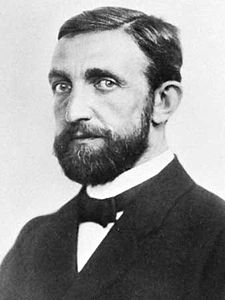Scientists are not always as scientific as many suppose. Recent well-publicized cases of scientific fraud prove that scientists can be as susceptible to the allures of wealth, power and fame as politicians, the group that enjoys the lowest public trust. Glaring recent cases have included falsified results in the development of an HIV vaccine and new techniques for producing stem cells.
Such breaches prove that scientists do not always base their work strictly on rigorous experimentation, data collection and analysis, and hypothesis testing. In fact, scientists frequently disagree with one another, both as individuals and as representatives of competing schools of thought. Some of these debates rage on for years. Superstring theory, sometimes called the “theory of everything,” has been a topic of vigorous contention for over 30 years.
In some cases, personalities, prejudices and petty jealousies enter the picture. Consider, for example, one of the great disputes of 20th-century physics, the long-running feud between two world-renowned physicists. The antagonism between Philipp Lenard and Albert Einstein sheds considerable light on the power of nonscientific concerns to sway scientists.

